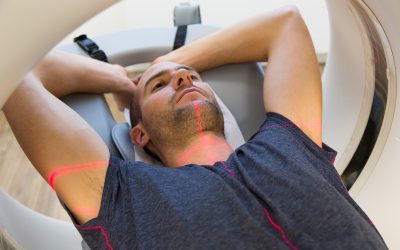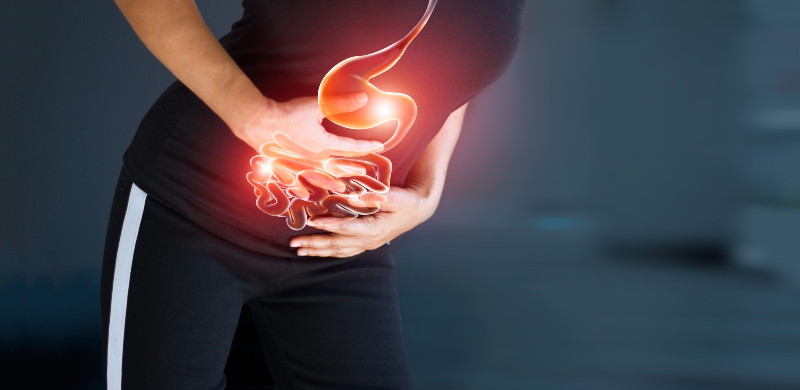Heart health is a critical aspect of overall wellness, and monitoring it effectively can be the key to preventing serious cardiovascular diseases. An ECG Holter Monitor is a portable device used to continuously track the heart’s activity over a period, typically 24 to 48 hours. This article delves into the functionality, benefits, and usage of the ECG Holter Monitor , providing essential insights for anyone looking to understand this vital health tool.
What is an ECG Holter Monitor?
An ECG Holter Monitor is a small, wearable device that records the heart’s electrical activity. Unlike a standard ECG, which captures a heartbeat for a few seconds in a doctor’s office, a Holter monitor records continuously while you go about your daily activities. This comprehensive data collection can help detect irregularities that might not be seen during a brief test.
Key Functions and Benefits
• Continuous Monitoring : The primary advantage of using a Holter monitor is its ability to monitor the heart continuously over an extended period. This is crucial for detecting intermittent arrhythmias or symptoms that might not occur during a regular ECG test.
• Symptom Correlation : Patients can note down the times when they experience symptoms like dizziness or palpitations. This record can be used to correlate these symptoms with the heart’s activity at that exact moment.
• Assessment of Treatment Efficacy : For patients already on medication for heart conditions, a Holter monitor can assess the effectiveness of the treatment by showing how the heart rhythm and patterns respond to the medication over the monitoring period.
How Does It Work?
The ECG Holter Monitor consists of multiple electrodes that are attached to the skin. These electrodes are connected to a recording device that can be clipped to a belt or carried in a pocket. The setup is designed to be minimally invasive and allows for normal daily activities without significant discomfort or disruption.
Who Needs a Holter Monitor?
• Patients with Symptoms : Individuals who experience unexplained fainting, dizziness, or heart palpitations are often recommended to undergo Holter monitoring.
• Post-Heart Attack : Monitoring is crucial for patients recovering from a heart attack to ensure normal heart function or detect any new abnormalities.
• Evaluating Treatment : It helps in determining the success of procedures like a pacemaker implant, or medication adjustments for heart rhythm disorders.
Preparing for and Using a Holter Monitor
Before using a Holter monitor, avoid applying lotions or oils on the chest area as they can interfere with the electrode adhesion. It’s also advisable to wear loose-fitting clothes to facilitate easy placement of electrodes. During the monitoring period, it’s important to:
• Keep the diary of activities and symptoms as instructed.
• Avoid magnets and metal detectors as they can interfere with the recordings.
• Maintain normal daily activities as much as possible, which helps in gathering accurate data.
Conclusion
An ECG Holter Monitor offers a deeper, more continuous insight into the heart’s function, making it an invaluable tool for diagnosing and managing heart conditions. Whether you’re experiencing symptoms or need to evaluate the effectiveness of a treatment, discussing the option of Holter monitoring with your healthcare provider could be a step forward in managing your heart health effectively. By providing a detailed view of your heart activity, a Holter monitor can help tailor treatments and prevent potential heart issues, ensuring a longer, healthier life.


